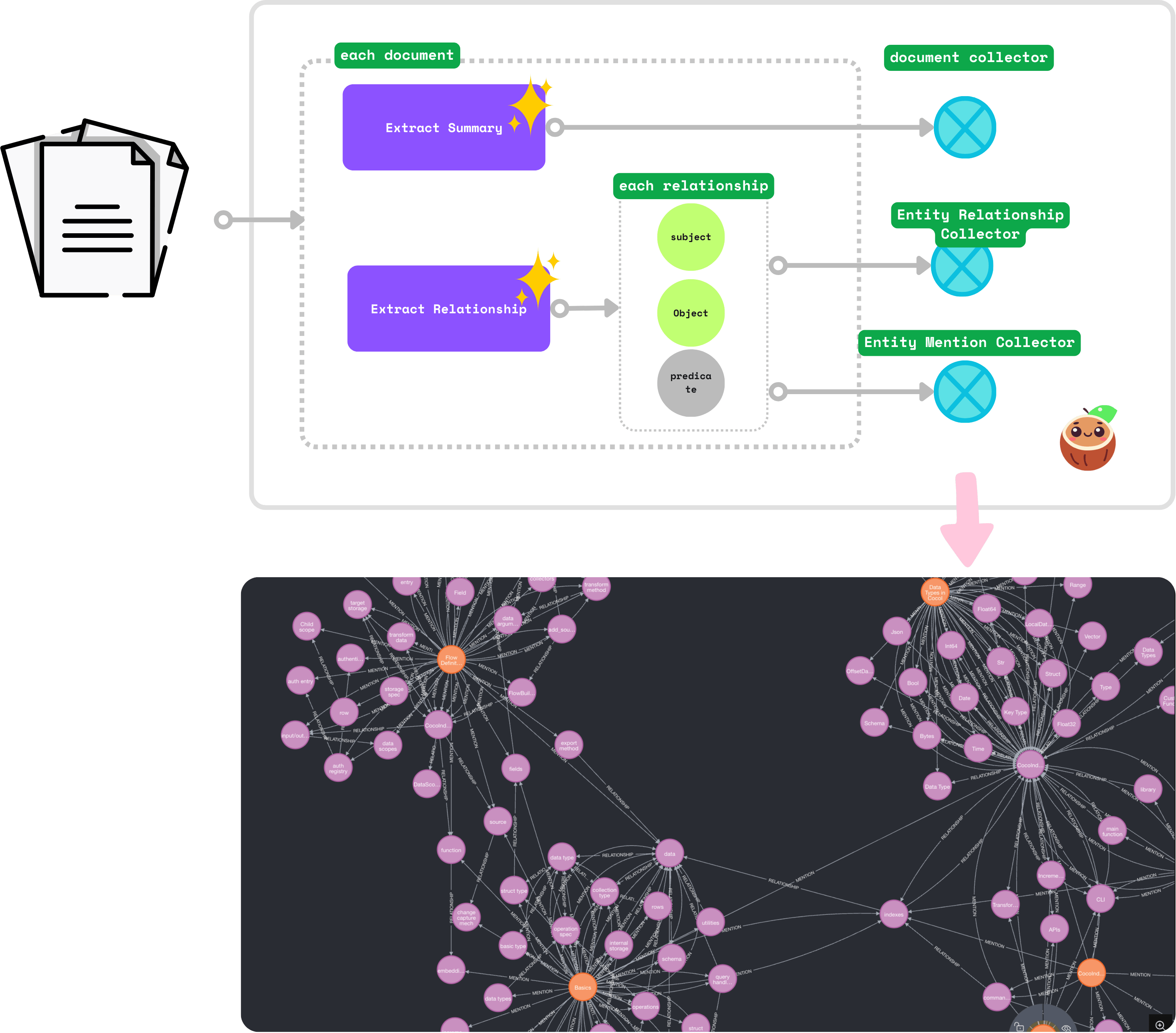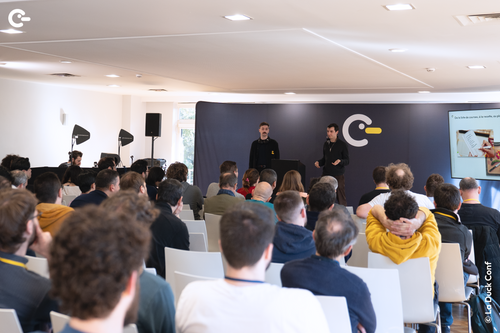Ask HN: What will tech employment look like in 10 years?
What jobs will become prevalent? Which will become scarce?I do not predict the elimination of the humble coder, but the covid hiring wave has come and gone, and Big Tech for the most part successfully minimized the workforces of those who were hired in the covid wave: frontend, backend and fullstack engineers. The patterns of code required for these positions have been successfully recognized by the LLMs I think, and for many cases a single staff engineer with experience and a trusty LLM is similarly productive as a team of 2-4 junior engineers led by a senior engineer was only a short 5 years ago. I do not expect much expansion in this "traditional" web development (these positions have really only existed in modern form for about 20 years, roughly when Rails was first released).Many such as Amjad Masad and Beff Jezos are of the opinion that for those who would have taken these positions before, the options are to either drill down the stack towards the bare metal, by reason of relative difficulty of embedded engineering, and that one struggles to imagine high-stakes software such as in a SpaceX rocket, Boeing airplane, or Anduril drone relying primarily on vibe-coded slop hastily LGTM'd into production. So the kind of software that requires large amounts of formal, simulated, or physical verification seems to still be necessary, but this is much more difficult to write than a webpage. Expansions in the labor market for those writing C, C++, Rust in the context of operating systems, embedded systems, microcontrollers, drivers, and so forth seems likely.The other option seems to be to leave the stack entirely, and leverage small teams to create niche and targeted applications for small segments of users. There has been some success in this area as well, but requires a much broader skillset than simply being an expert programmer and understanding some computer science.The options seem to be either to start reading Bjarne Stroustrup or Peter Thiel. But the skill ceiling for either path is fairly high, and for the short term I predict a sustained contraction in the software engineering labor market, while people adapt their educations and long-term career goals. Headcounts at FAANG I don't see recovering soon if ever. This has broader implications for a traditional startup route where one earned their stripes at FAANG before launching their own venture, but I digress ... Comments URL: https://news.ycombinator.com/item?id=43953092 Points: 12 # Comments: 12

What jobs will become prevalent? Which will become scarce?
I do not predict the elimination of the humble coder, but the covid hiring wave has come and gone, and Big Tech for the most part successfully minimized the workforces of those who were hired in the covid wave: frontend, backend and fullstack engineers. The patterns of code required for these positions have been successfully recognized by the LLMs I think, and for many cases a single staff engineer with experience and a trusty LLM is similarly productive as a team of 2-4 junior engineers led by a senior engineer was only a short 5 years ago. I do not expect much expansion in this "traditional" web development (these positions have really only existed in modern form for about 20 years, roughly when Rails was first released).
Many such as Amjad Masad and Beff Jezos are of the opinion that for those who would have taken these positions before, the options are to either drill down the stack towards the bare metal, by reason of relative difficulty of embedded engineering, and that one struggles to imagine high-stakes software such as in a SpaceX rocket, Boeing airplane, or Anduril drone relying primarily on vibe-coded slop hastily LGTM'd into production. So the kind of software that requires large amounts of formal, simulated, or physical verification seems to still be necessary, but this is much more difficult to write than a webpage. Expansions in the labor market for those writing C, C++, Rust in the context of operating systems, embedded systems, microcontrollers, drivers, and so forth seems likely.
The other option seems to be to leave the stack entirely, and leverage small teams to create niche and targeted applications for small segments of users. There has been some success in this area as well, but requires a much broader skillset than simply being an expert programmer and understanding some computer science.
The options seem to be either to start reading Bjarne Stroustrup or Peter Thiel. But the skill ceiling for either path is fairly high, and for the short term I predict a sustained contraction in the software engineering labor market, while people adapt their educations and long-term career goals. Headcounts at FAANG I don't see recovering soon if ever. This has broader implications for a traditional startup route where one earned their stripes at FAANG before launching their own venture, but I digress ...
Comments URL: https://news.ycombinator.com/item?id=43953092
Points: 12
# Comments: 12




























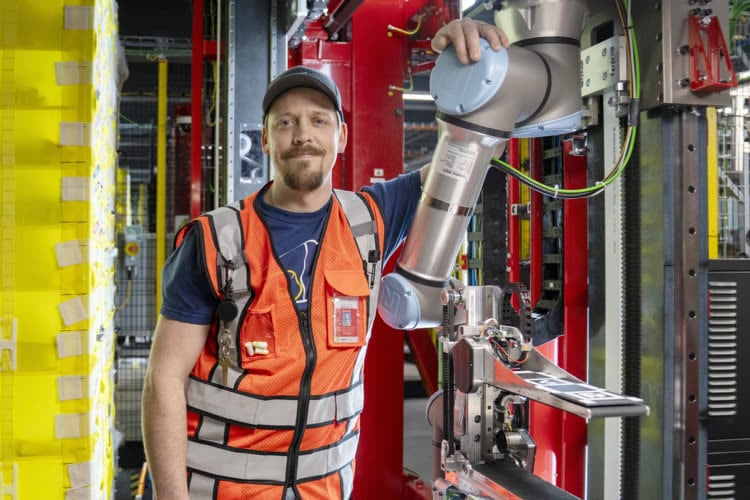





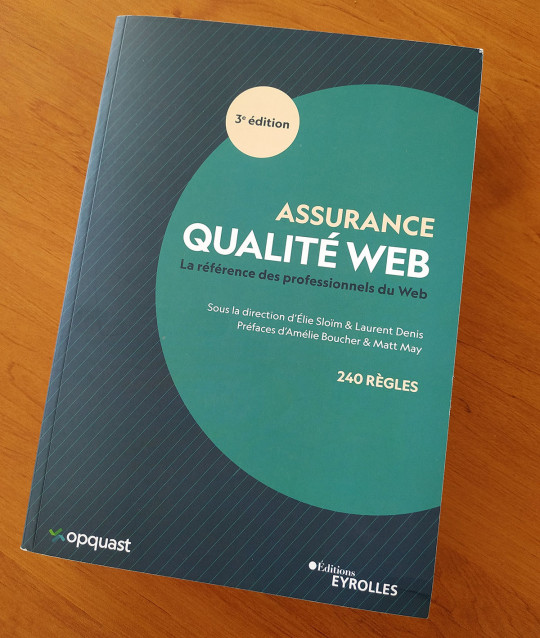



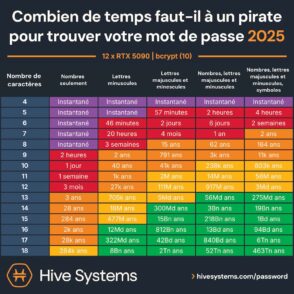














































![J'ai vu le futur du solaire à Munich [VLOG]](https://lokan.fr/wp-content/uploads/2025/05/lokan-salon-solaire-munich-1280x853.jpeg)




















































